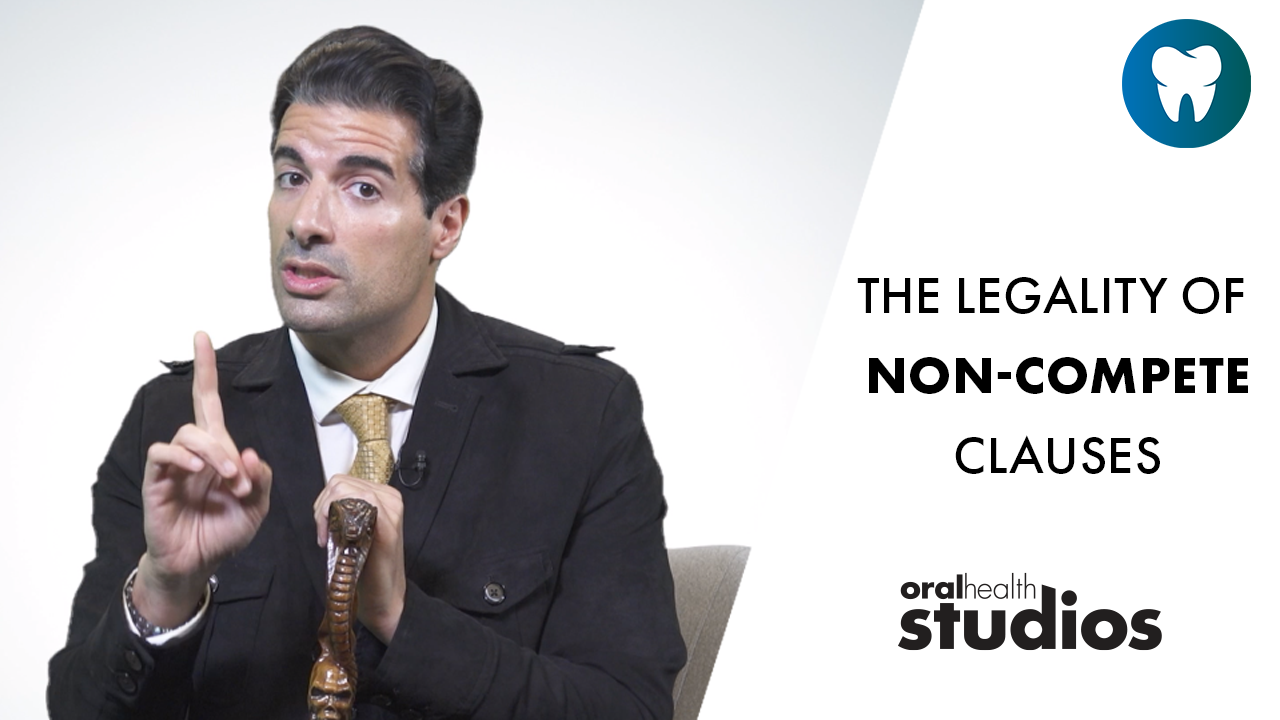According to the National Institute of Dental and Craniofacial Research, “There is no doubt that oral health and general well-being are inextricably bound. Many conditions that plague the body are manifested in the mouth, a readily accessible vantage point from which to view the onset, progress, and management of numerous systemic diseases.
“One human mouth is home to more microorganisms than there are people on planet earth…we are now in the midst of a second revolution where oral health research is taking its place in an ever-changing scientific world driven by the need to understand health and disease through the intricate interactions of human behavior, environment, and biology.”
In this vein, I share a letter to this editor from a contributor to Oral Health Journal:
Hi Catherine,
I enjoyed reading your editorial in Dental Practice Management titled “Completing an imperfect thing.” I really enjoyed the line, “This multi-disciplinary problem presents the opportunity for a multidisciplinary solution.”
If you have nine minutes, you can watch a recent video of my take on the multidisciplinary problem. I think you will find it very interesting, Catherine. www.youtube.com/watch?v=lQAmFLIRKCE
Understanding the multidisciplinary problem, however, may be easier for dentists than the politics and economics of the multidisciplinary solution. Quite frankly, dentists don’t pay as much attention to evidence based dentistry as we do to economics based dentistry. Here is a quote from my “Whole Person Dentistry” article in Oral Health in May 2006:
Management guru, the late Peter Drucker, used the example of the railroads. Back in the 1940s, railroads were in the lead position to found the airlines. They had the ticket agencies, the hotels, the food services, and more. BUT, they defined their business as driving trains instead of moving people and cargo. This was a critical business error as the airlines soon almost put the railroads out of business. Will dentistry define its business as fixing teeth and do everything to focus its efforts on treating people like patients, or will it define its business as facilitators of health and wellness to serve the growing segment of clients? It is beyond the scope of this article to speculate on this decision, but the former option will be a lot more comfortable than the latter. The former requires management. The latter requires leadership.
In my opinion, to optimize the potential opportunity dentistry enjoys today, the RCDSO would have to change its regulations from ‘conflict of interest’ for everything beyond licensible procedures to one more contemporary like the chiropractor’s ‘full disclosure’ stance. Until dental business people can profit from alternative approaches, whatever they may be, we will remain involved only to better market the technical procedures we get paid for today.
The bottom line, Catherine, is that you have a better opportunity to make changes with the pen than we have with a scaler and handpiece. Keep up the great work!
Dr. Ken Southward www.dentalhealth.ca









